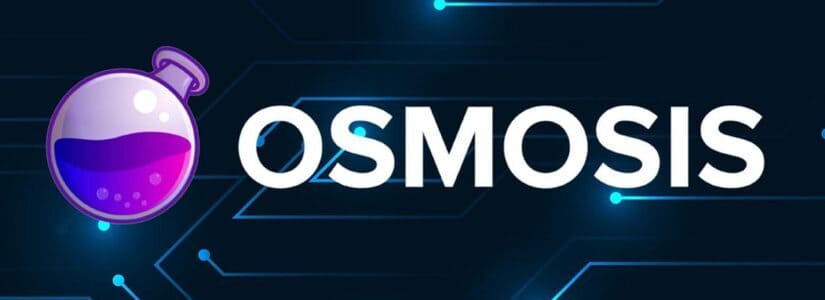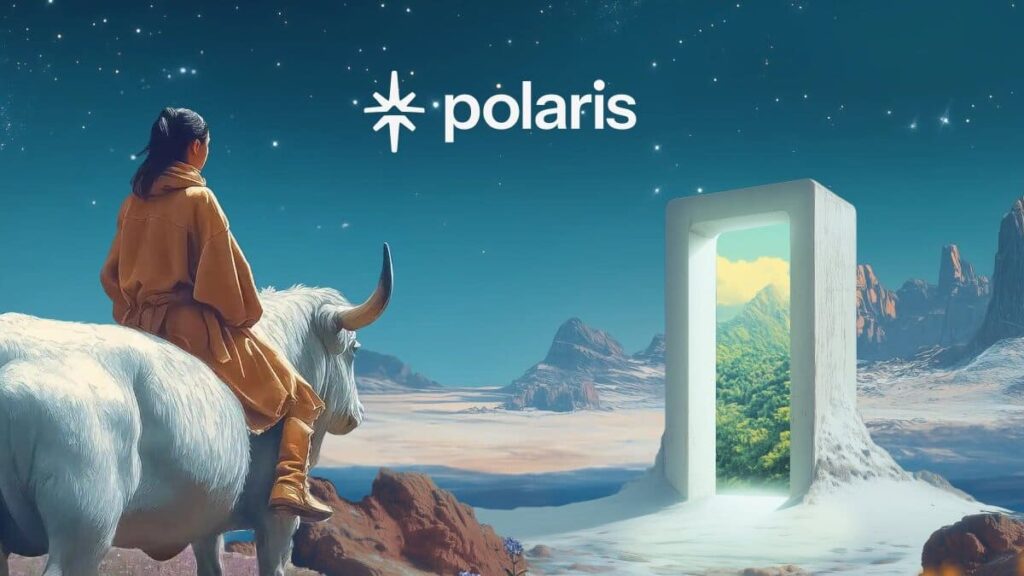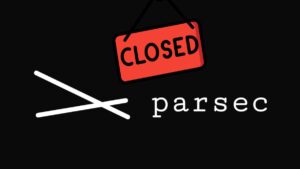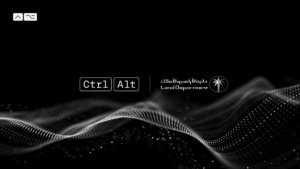TL;DR
- Osmosis launches Polaris, a “token portal” that simplifies cross-chain trading through a single interface, addressing fragmentation in DeFi.
- Polaris will allow users to operate with tokens from various networks, such as Ethereum and Solana, without the need for multiple wallets or bridges.
- Unlike centralized exchanges, Polaris maintains decentralized custody of assets, offering a unified and simplified user experience.
Osmosis, a well-known decentralized exchange (DEX), has unveiled its new project, Polaris, an innovative “token portal” aimed at tackling one of DeFi’s major issues: fragmented user experience.
This new launch will enable users to trade tokens across different blockchains via a single interface, eliminating the need to manage multiple wallets, bridges, and gas tokens.
— Polaris (@Polaris_App) September 11, 2024
A New Approach to Decentralization
With the introduction of Polaris, Osmosis adopts a different strategy, moving away from its traditional focus as a single liquidity venue for Cosmos-based networks. While it previously concentrated on integrating with the Cosmos ecosystem, Polaris will extend its reach to include non-Cosmos chains like Ethereum and Solana. The DEX will make a significant shift in how it handles liquidity and cross-chain interoperability.

The platform has been designed to address the fragmentation of the user experience. Fragmentation is a persistent issue, driven by DeFi platforms’ focus on metrics like Total Value Locked (TVL), leading to liquidity dispersion and a suboptimal experience for users. Polaris tackles this “Great Chain Divide” by enabling users to conduct transactions across different networks without consolidating assets in one place.
Osmosis Achieves What Others Could Not
Polaris offers manual integration with existing DEXs and liquidity venues, rather than competing with them. This facilitates access to liquidity across various networks and provides a “bridge abstraction” feature that simplifies cross-chain asset swapping. Users will be able to convert, exchange, and track their assets from a single interface, avoiding complicated manual processes and multiple tools.
Unlike centralized exchanges such as Coinbase and Kraken, which enable cross-chain trading but require full custody of user assets, Polaris aligns with decentralization principles, keeping asset custody in the hands of users. It is distinguished by providing a consistent and user-centered experience.










